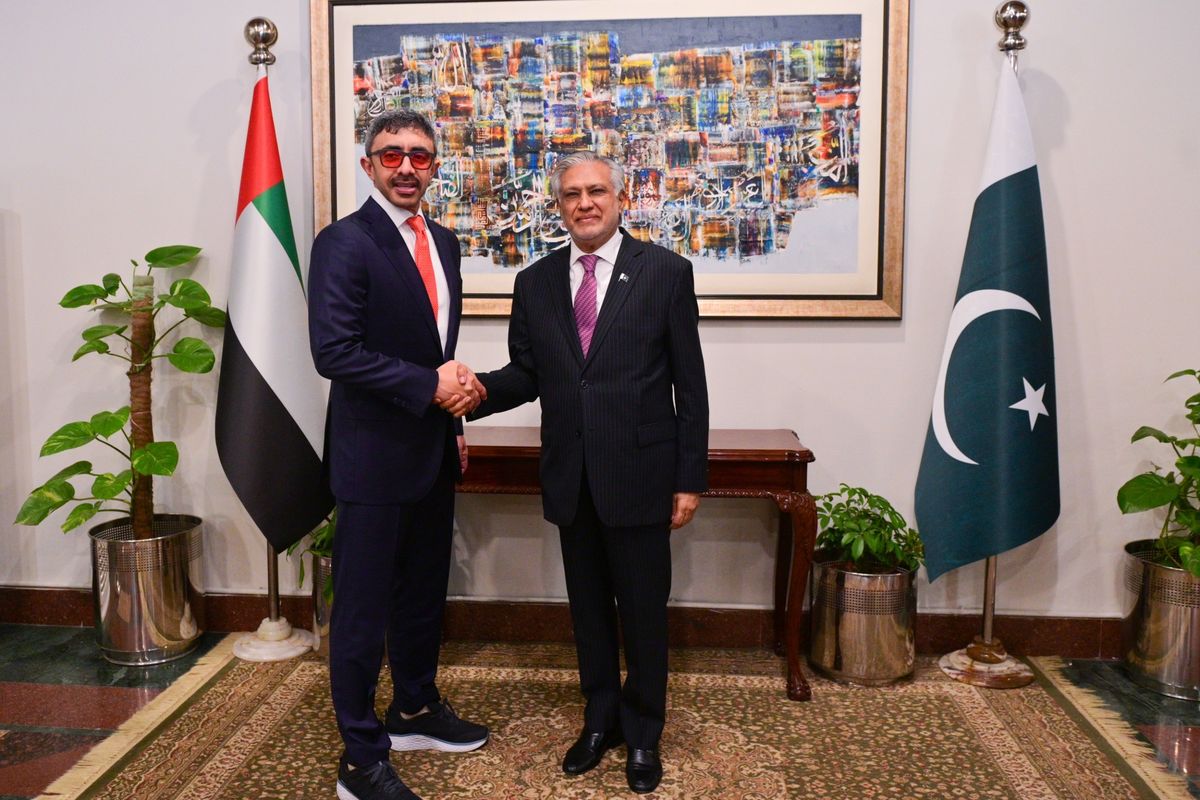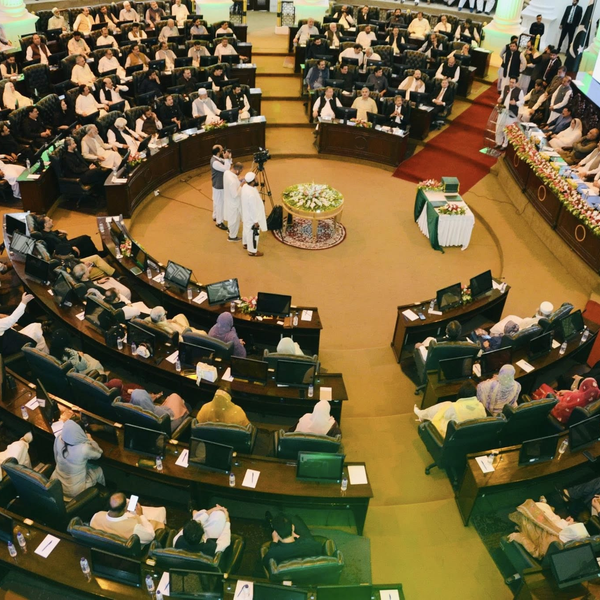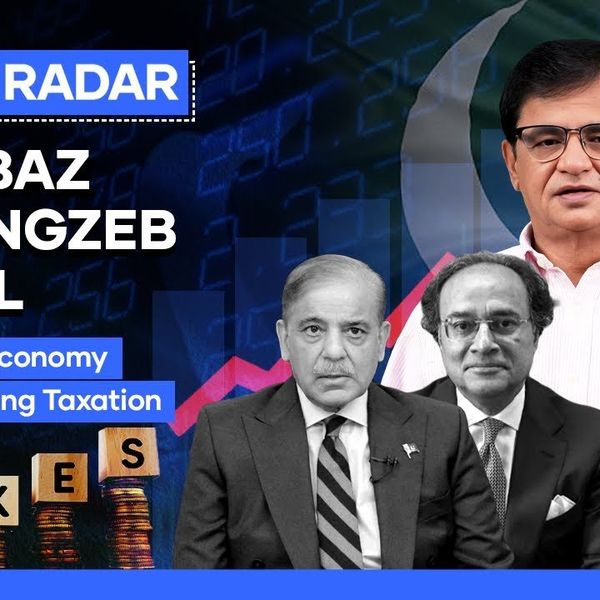News Desk
The News Desk provides timely and factual coverage of national and international events, with an emphasis on accuracy and clarity.

Deputy Prime Minister/Foreign Minister Senator Mohammad Ishaq Dar, with the Deputy Prime Minister and Minister of Foreign Affairs of UAE, Sheikh Abdullah bin Zayed al Nahyan in Islamabad on April 21, 2025.
Courtesy: Pakistan's Ministry of Foreign Affairs
Pakistan’s Deputy Prime Minister and Foreign Minister Senator Ishaq Dar spoke Tuesday with his Emirati counterpart amid rising tensions with India following a deadly militant attack in Indian-administered Kashmir.
Dar’s call with Sheikh Abdullah bin Zayed Al Nahyan, the United Arab Emirates’ Deputy Prime Minister and Foreign Minister, is part of broader diplomatic outreach by Islamabad to global and regional powers including China, Saudi Arabia, Qatar, the UK, Turkey, Egypt and Iran.
Tensions have soared since April 22, when unidentified gunmen stormed a popular tourist resort in the disputed Himalayan territory, killing 26 tourists. India has accused Pakistan of involvement—an allegation Islamabad has categorically denied.
New Delhi has vowed to punish those responsible. Its leaders have publicly blamed alleged Pakistani-based militant groups and warned of consequences, raising fears in Islamabad of a retaliatory strike and a potential military escalation between the nuclear-armed neighbors.
“DPM/FM apprised H.H. of Pakistan’s National Security Committee’s decisions in response to India’s unfounded allegations, inflammatory rhetoric, and unilateral actions,” Pakistan’s Ministry of Foreign Affairs said in a statement.
According to the ministry, the two foreign ministers discussed the “regional situation and matters of mutual concern”. The UAE’s Sheikh Abdullah emphasized restraint, dialogue, and peaceful resolution of disputes, while reaffirming the “strong fraternal ties” between the two nations.
Both sides expressed a commitment to enhanced bilateral cooperation and vowed to maintain close coordination amid the deteriorating regional climate.
Cross-border firing between Indian and Pakistani forces has intensified in recent days. On Tuesday, the Indian Army said it had traded fire with Pakistani troops for a fifth consecutive night along the Line of Control (LoC), the de facto border in the divided Kashmir region.
The latest spike in hostilities evokes memories of the 2019 Pulwama crisis. That year, a suicide bombing killed at least 40 Indian paramilitary personnel in Indian-administered Kashmir, prompting an Indian airstrike on Pakistani territory. Islamabad responded by downing an Indian fighter jet and capturing its pilot, who was later returned.
Though war was narrowly averted then, the current crisis has stoked fears of another military standoff. Pakistan maintains it offers only “moral and diplomatic” support to Kashmiris seeking self-determination and has denied any role in the recent killings.
India and Pakistan have fought two wars over Kashmir, a region claimed in full but ruled in part by both nations. Diplomatic ties remain frayed, and formal dialogue has been suspended for years.










Comments
See what people are discussing